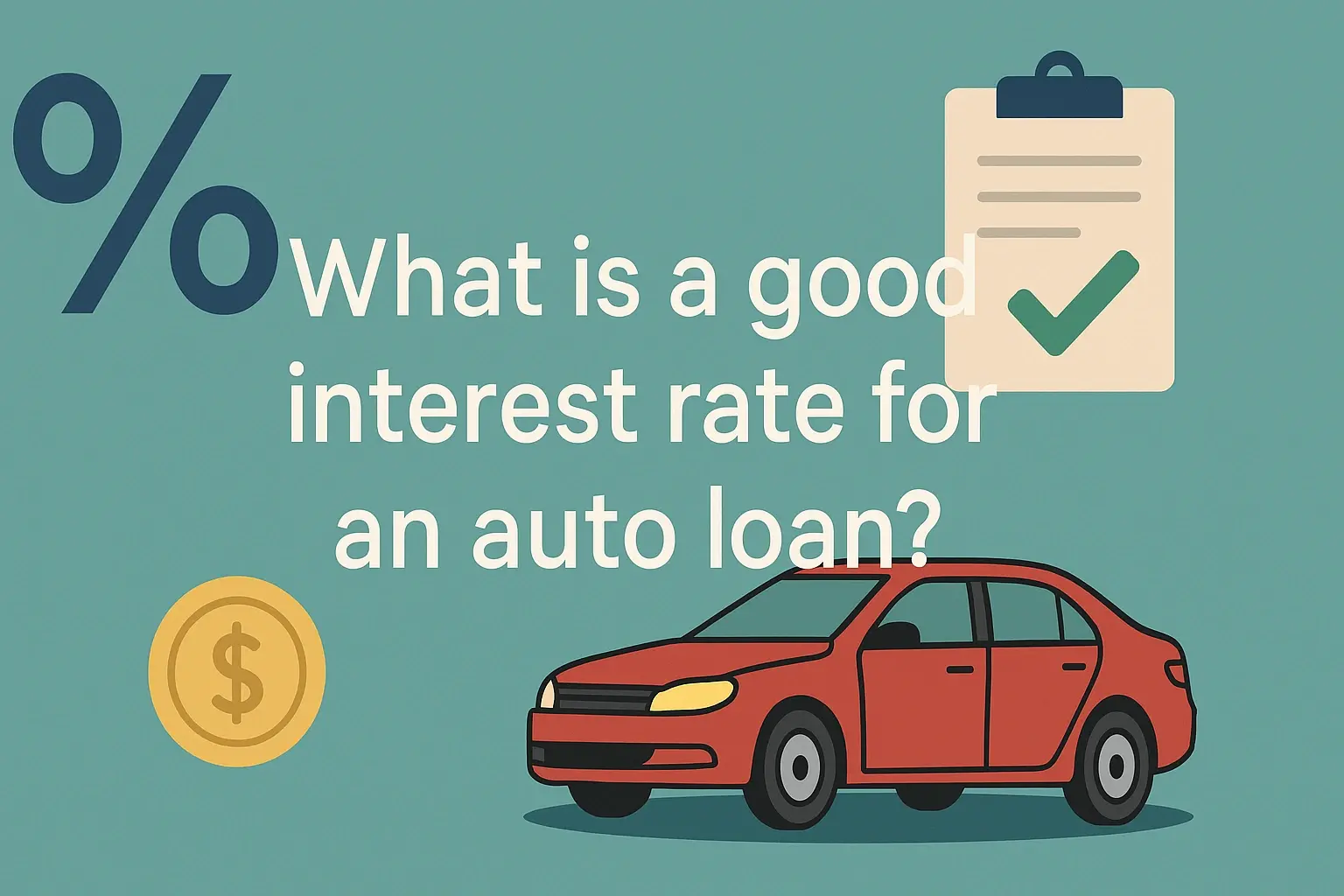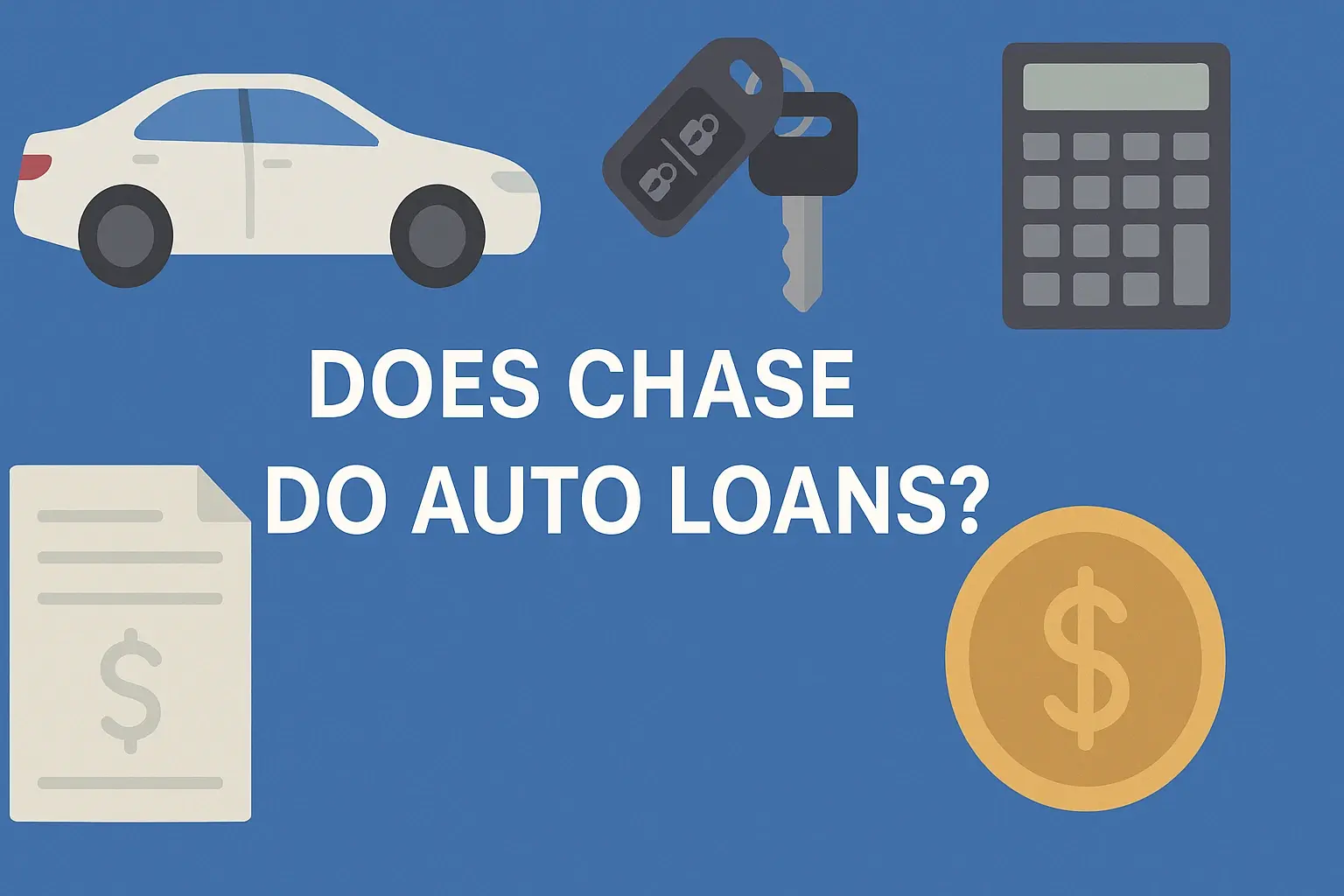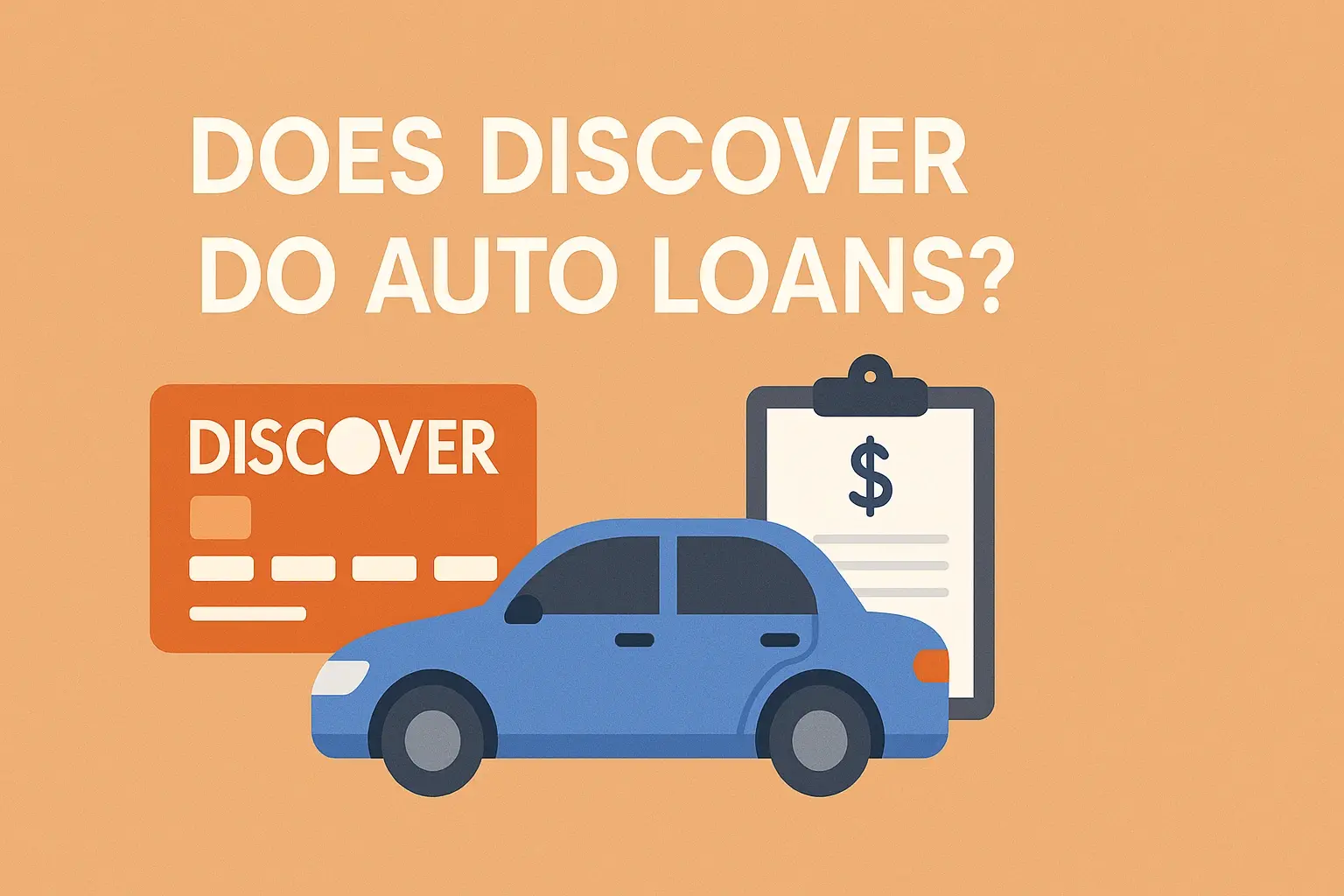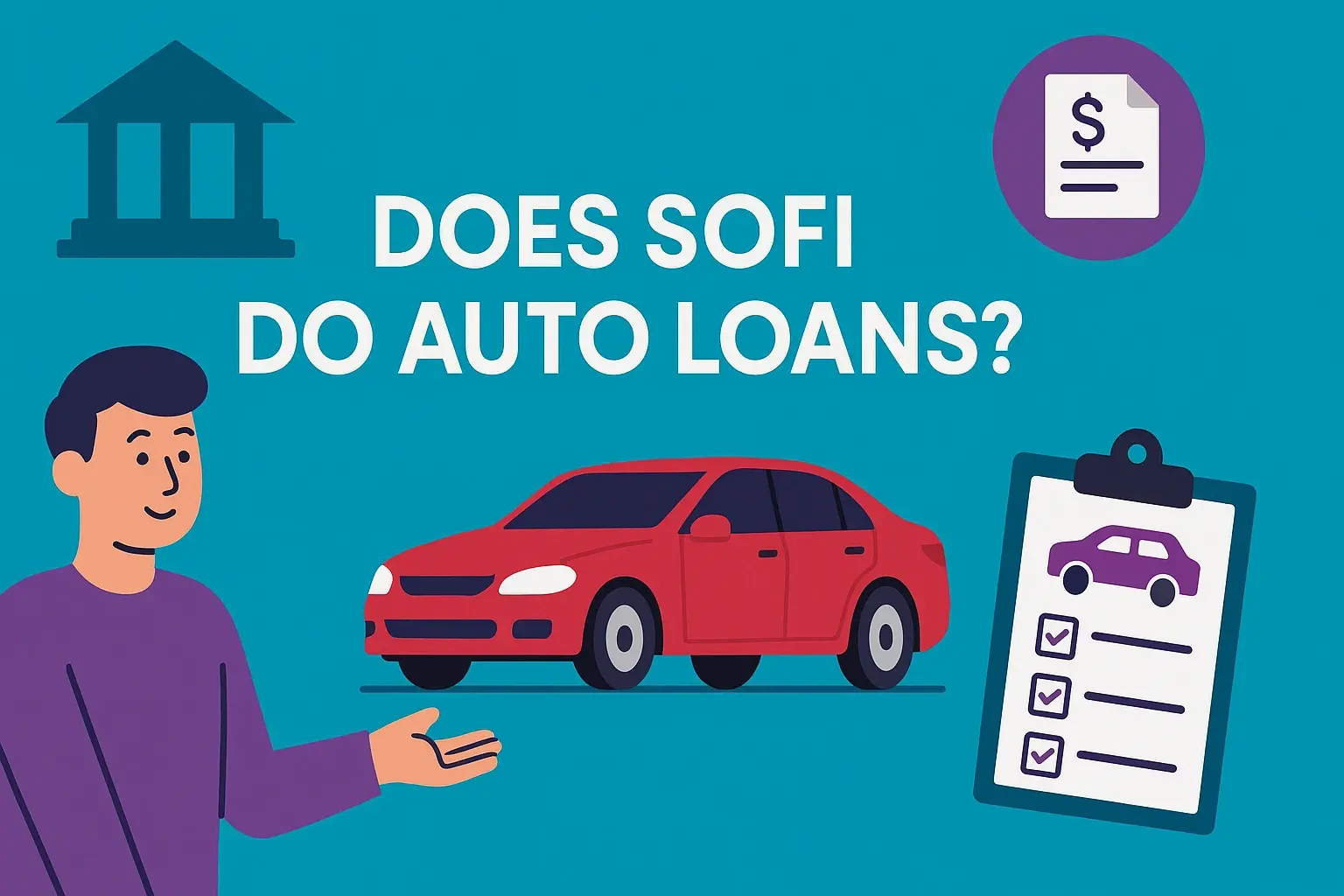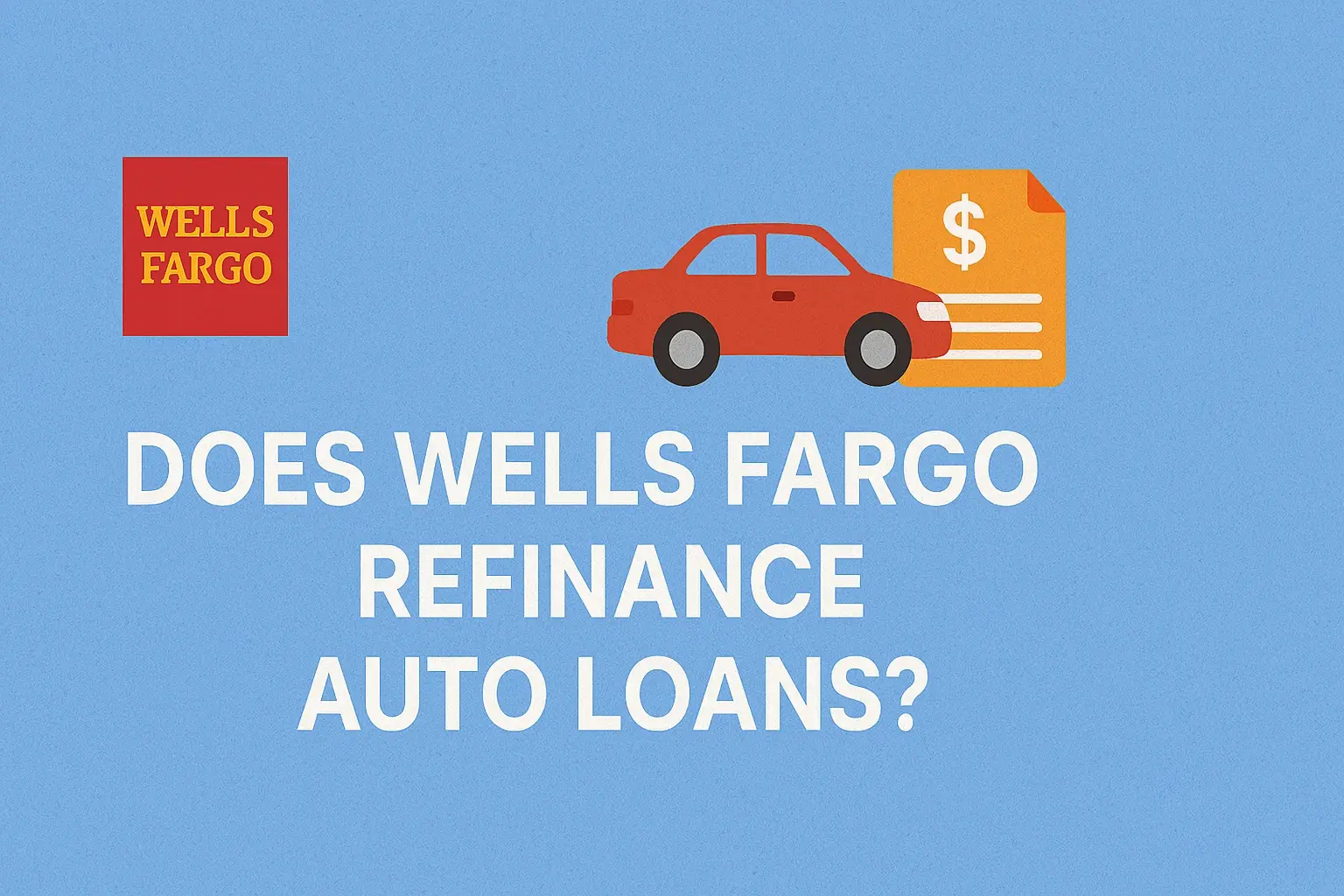-
Posted on: 25 Jul 2024
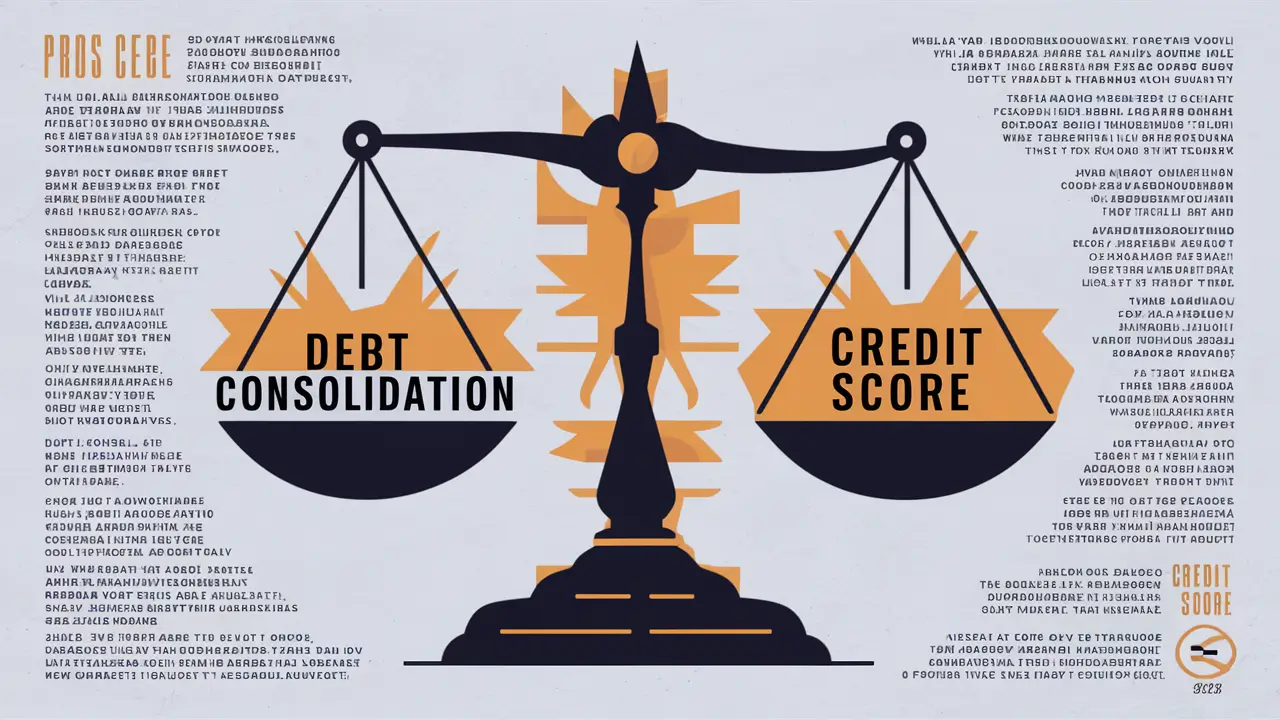
-
Debt consolidation is a strategy employed by many individuals struggling with multiple debts. The idea is simple: combine several existing debts into a single, more manageable payment. While the prospect of simplifying your finances is appealing, a common concern lingers: Does debt consolidation hurt your credit? The answer, as with most financial matters, is nuanced and depends on various factors. This comprehensive guide will explore the potential impact of debt consolidation on your credit score, examining both the potential benefits and drawbacks.
What is Debt Consolidation?
Debt consolidation involves taking out a new loan or credit line to pay off existing debts. Common methods include:
- Personal Loans: Unsecured loans from banks or credit unions used to consolidate debts.
- Balance Transfer Credit Cards: Transferring high-interest credit card balances to a card with a lower interest rate.
- Home Equity Loans (HELOCs): Using the equity in your home to secure a loan for debt consolidation.
- Debt Management Plans (DMPs): Working with a credit counseling agency to negotiate lower interest rates and create a repayment plan.
The primary goal is to reduce the overall interest rate you're paying and potentially simplify your monthly payments. However, it's crucial to understand how these methods can affect your credit.
How Debt Consolidation Can Negatively Affect Your Credit Score
While aiming to improve your financial situation, debt consolidation can sometimes have a negative impact on your credit score. Understanding these potential drawbacks is essential before making a decision.
1. Hard Credit Inquiries
When you apply for a new loan or credit card for debt consolidation, the lender will perform a credit check, resulting in a "hard inquiry" on your credit report. Hard inquiries can slightly lower your credit score, particularly if you have several inquiries within a short period. Each hard inquiry typically lowers your score by a few points, and the impact lessens over time.
2. Closing Old Accounts
A common practice after consolidating debt is to close the accounts that were paid off with the new loan or credit card. While it may seem logical, closing these accounts can negatively affect your credit utilization ratio. Your credit utilization ratio is the amount of credit you're using compared to your total available credit. A lower credit utilization ratio is generally better for your credit score.
For example, if you had three credit cards with a combined credit limit of $10,000 and you've paid them off and closed them, your available credit decreases to $0. If you then carry a balance on your new consolidation loan or balance transfer card, your credit utilization suddenly jumps up. It's generally recommended to keep credit utilization below 30%.
3. New Account Age
Credit scoring models consider the age of your credit accounts. Opening a new account for debt consolidation can lower your average account age, which can temporarily ding your credit score. This effect is usually more pronounced if you have a relatively short credit history.
4. High Debt to Income Ratio (DTI)
If you are already carrying a significant amount of debt, adding a new loan or credit card, even for consolidation purposes, might raise your DTI. While the monthly payment *might* be lower, the overall debt amount doesn't disappear. Lenders prefer to see a low DTI, as it indicates you have the capacity to manage your debt obligations.
5. Missing Payments on the New Loan
This seems obvious, but it's worth mentioning. Failing to make timely payments on your new consolidation loan will severely damage your credit score. Payment history is a crucial factor in determining your creditworthiness, and missed payments can remain on your credit report for up to seven years.
How Debt Consolidation Can Positively Affect Your Credit Score
Despite the potential downsides, debt consolidation can also positively impact your credit score if managed responsibly.
1. Simplifying Payments and Reducing Missed Payments
One of the biggest advantages of debt consolidation is simplifying your monthly payments. Instead of juggling multiple due dates and interest rates, you have a single, predictable payment to manage. This can significantly reduce the risk of missed payments, which, as mentioned above, is detrimental to your credit score.
2. Lowering Your Credit Utilization Ratio (If Done Right)
While closing old accounts can negatively impact your credit utilization, strategic debt consolidation can actually improve it. For example, if you use a personal loan to pay off several credit cards that were nearing their credit limits, you can significantly lower your credit utilization ratio on those cards. This shows lenders that you're managing your credit responsibly.
3. Potentially Lower Interest Rates
Debt consolidation often involves securing a loan or credit card with a lower interest rate than your existing debts. This can save you money on interest payments and make it easier to pay down your debt, ultimately improving your financial health. A lower interest rate also means a larger portion of your payment goes towards the principal balance, allowing you to pay off the debt faster.
4. Improved Credit Mix
Credit scoring models consider the mix of credit accounts you have, including installment loans (like personal loans or auto loans) and revolving credit (like credit cards). If you primarily have revolving credit, adding an installment loan through debt consolidation can diversify your credit mix and potentially improve your score. However, this impact is generally smaller than factors like payment history and credit utilization.
5. Reduced Debt Burden
While the initial debt amount might not change, successful debt consolidation, coupled with disciplined spending habits, can lead to a reduction in your overall debt burden. As you consistently make payments and pay down your debt, your credit score can improve as lenders see that you are actively managing your finances.
Factors to Consider Before Debt Consolidation
Before deciding whether debt consolidation is right for you, carefully consider the following factors:
1. Interest Rates and Fees
Compare interest rates and fees from different lenders to ensure you're getting a better deal than your current debts. Pay close attention to annual percentage rates (APRs), origination fees, prepayment penalties, and other potential charges. A seemingly low interest rate might be offset by high fees, making the consolidation less advantageous.
2. Your Spending Habits
Debt consolidation is only effective if you address the underlying reasons for your debt. If you continue to overspend or rely on credit cards, you'll likely find yourself in the same situation or worse. Develop a budget, track your expenses, and address any underlying spending problems.
3. Your Credit Score
Your credit score will influence the interest rates and terms you qualify for. A higher credit score generally means lower interest rates and more favorable terms. If your credit score is low, consider improving it before applying for debt consolidation.
4. The Terms of the Loan
Carefully review the terms of the loan, including the repayment period, monthly payment amount, and any penalties for late payments or early repayment. Make sure the terms are manageable and align with your financial goals.
5. Your Ability to Manage a Single Payment
While simplifying payments can be beneficial, make sure you're disciplined enough to manage a single, larger payment each month. Set up reminders, automate payments, and prioritize your debt consolidation payment.
Alternatives to Debt Consolidation
If debt consolidation doesn't seem like the right fit for you, consider these alternatives:
- Debt Management Plans (DMPs): Work with a credit counseling agency to negotiate lower interest rates and create a repayment plan.
- Balance Transfer Credit Cards: Transfer high-interest balances to a card with a 0% introductory APR.
- Debt Snowball or Debt Avalanche Method: Focus on paying off the smallest debt first (snowball) or the debt with the highest interest rate first (avalanche).
- Negotiate with Creditors: Contact your creditors and try to negotiate lower interest rates or payment plans.
The Bottom Line
Debt consolidation can be a valuable tool for managing debt and potentially improving your credit score, but it's not a magic bullet. The impact on your credit score depends on various factors, including your credit history, spending habits, and the specific terms of the consolidation loan or credit card. Carefully weigh the potential benefits and drawbacks before making a decision, and always prioritize responsible financial management.







